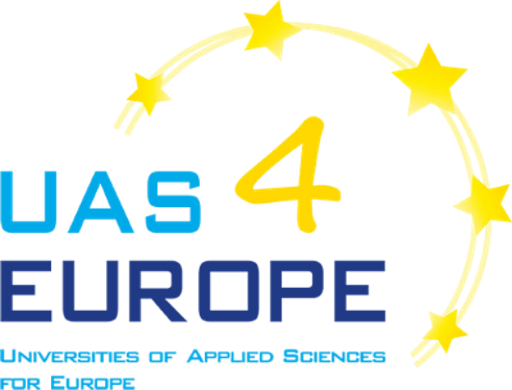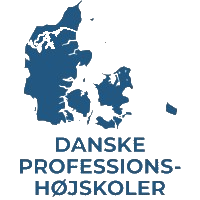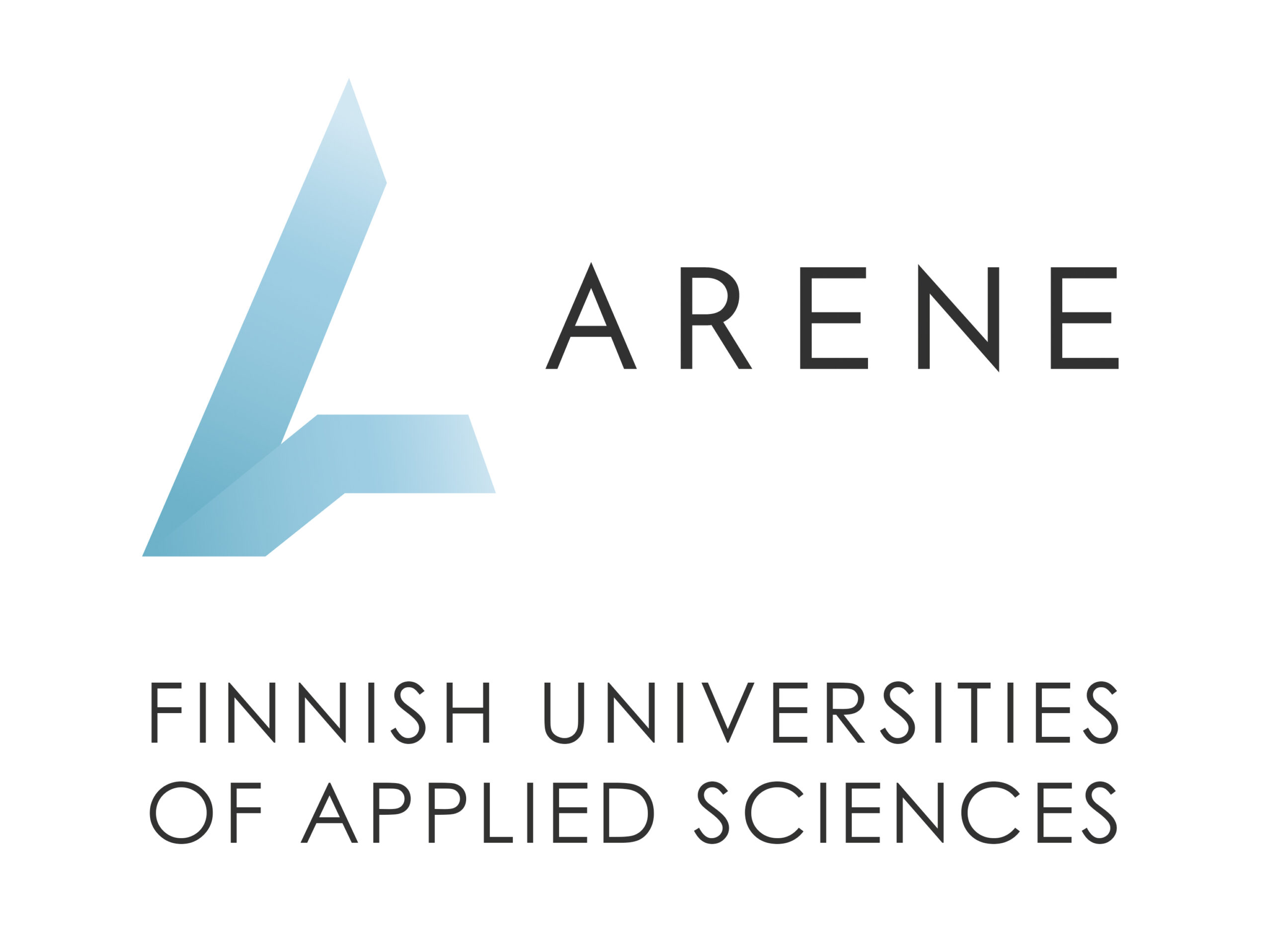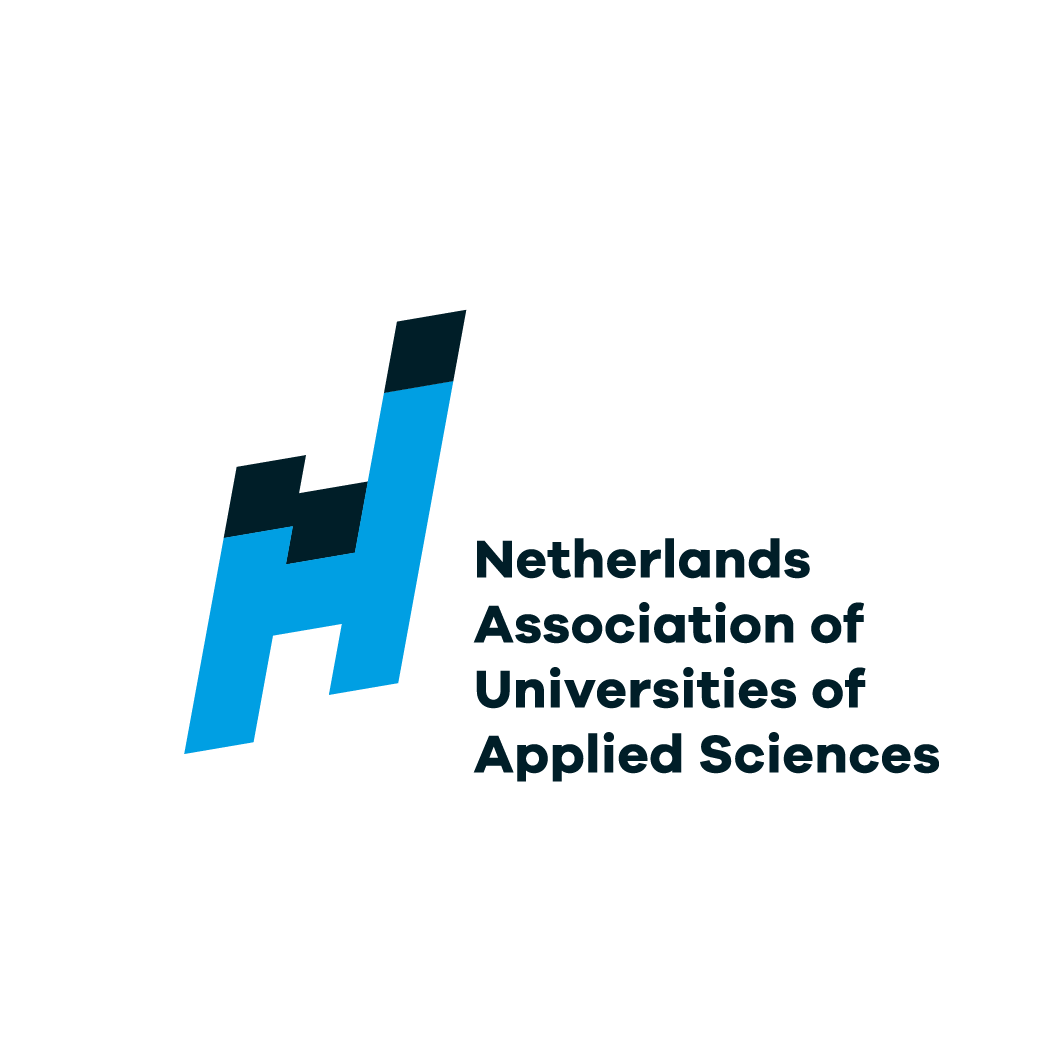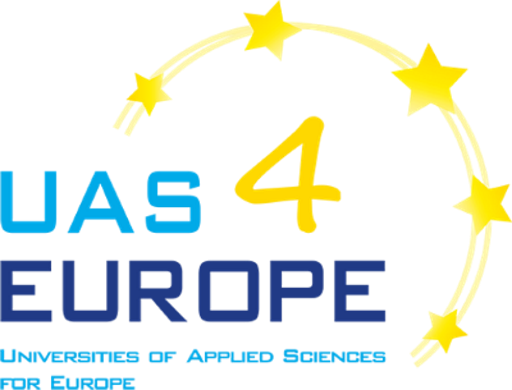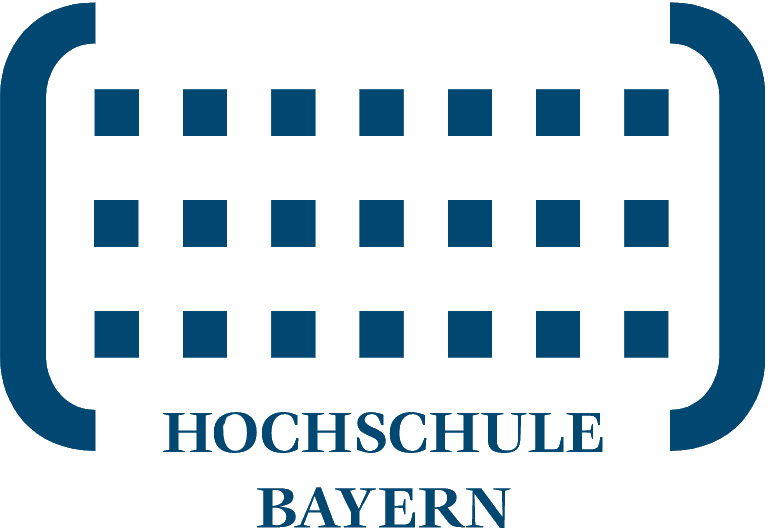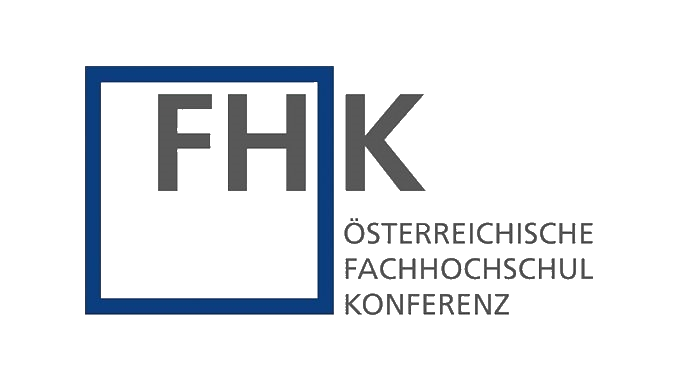New Chair of UAS4EUROPE: Dr. Heidi Fagerholm (Arene)
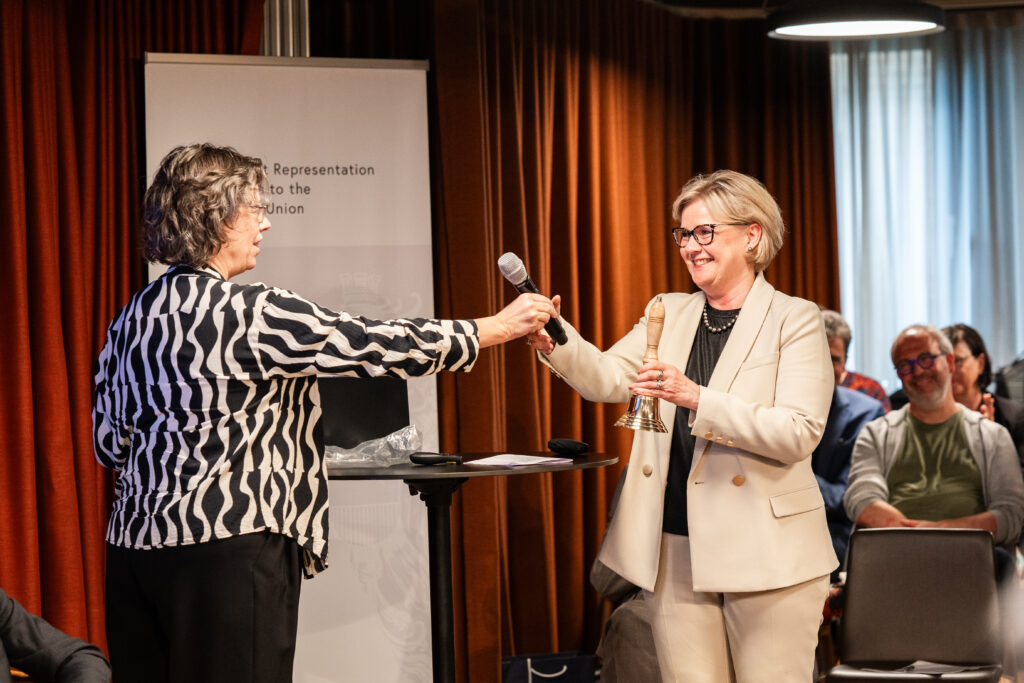
The Rectors’ Conference of Finnish Universities of Applied Sciences (Arene) has taken over the Presidency of UAS4EUROPE. The transition took place during a ceremonial handover at the Croissant Event on the 12th of June 2024 in Brussels. The Presidency will be steered by Dr. Heidi Fagerholm, Rector of Oulu University of Applied Sciences, who will act as Chair of the network until June 2026. The Presidency will also be supported by University Colleges Denmark (Danske Professionshøjskoler) with Dr. Harald Mikkelsen as Vice-Chair.
Dr. Heidi Fagerholm is the President of Oulu University of Applied Sciences, the 6th biggest Finnish university of applied sciences located in Northern Finland. She has a remarkable professional background in supporting innovation processes, R&D portfolio management and product commercialization in corporate environments. Before her current position, she worked in Germany for a large pharmaceutical and chemical company, where she acted as the Head of Early Research and Business Development.
UAS4EUROPE is looking forward to the coming two years, which will undoubtedly offer plenty of opportunities to enhance the network’s profile and active engagement with key policymakers in Brussels in the new EU policy cycle. Furthermore, the Finnish presidency of UAS4EUROPE will fall into the key phase of shaping the next Framework Programme for European R&I (FP10). As we now stand at the beginning of the Finnish Presidency, we asked a couple of questions to our new Chair, Dr. Heidi Fagerholm.
How do you see the UAS4EUROPE’s core mission and added value to European universities of applied sciences? How do you personally view the network?
I believe that our network’s core mission is still just as important as when the network was first established in 2016. Indeed, our core mission remains the same. We should continue to strengthen the voice of Universities of Applied Sciences (UAS) in Brussels so that our involvement and visibility will be even greater in the EU’s research and innovation policies and programmes. This is something that should never be taken for granted. Together we are stronger.
I would like to think that our network is like a European family for Universities of Applied Sciences. Each member may face different challenges at their national level, but we can turn to each other for advice and support. We all share the same desire to increase our research & innovation collaborations at the European level, while increasing our share of research & innovation funding from EU programmes. To this end, there is a lot to gain from sharing best practices and ideas.
I am proud of the network’s achievements and growth so far. This is why I want to actively work towards the network’s enlargement through our Presidency. I would happily see the network gain some new members with similar ambitions in the years to come.
What are your main priorities for the Finnish Presidency?
European Universities of Applied Sciences are specialized in practice-based research activities that will turn into practical solutions for societal challenges – in close collaboration with all actors from their regional innovation ecosystem. Yet, this also means that there is a big need to improve our access to competitive European R&I funding from a variety of EU programmes.
Particularly, the EU framework programme for R&I (Horizon Europe) has great potential for Universities of Applied Sciences in supporting collaborative R&I projects. Therefore, we would like to promote UASs participation in European projects and thus promote competitiveness of European SMEs.
Indeed, our Nordic presidency falls into a key phase of shaping the next Framework Programme for European R&I (FP10). This is a golden opportunity for UAS4EUROPE to engage actively throughout this process. Our members all share the same goal that the future framework programme should be as attractive and accessible as possible for Universities of Applied Sciences. I am proud of our network’s first position paper on FP10 “Towards 2028”, which forms the basis for our continuous engagement in the FP10 discussions.
Furthermore, our Presidency is a great opportunity to engage in fresh EU advocacy activities, as we now stand at the beginning of a new EU policy cycle. It is a good opportunity to create close relations with new key EU policymakers such as the Members of the European Parliament, particularly from the point of view of research and innovation affairs.
The next two years will be marked by the shaping of the future of European R&I funding and by turning the European Research Area (ERA) into a reality for European research. We are committed to constructively engage in these discussions by providing a platform for our members to share their expertise for the benefit of the whole European research sector and in the end our societies.
